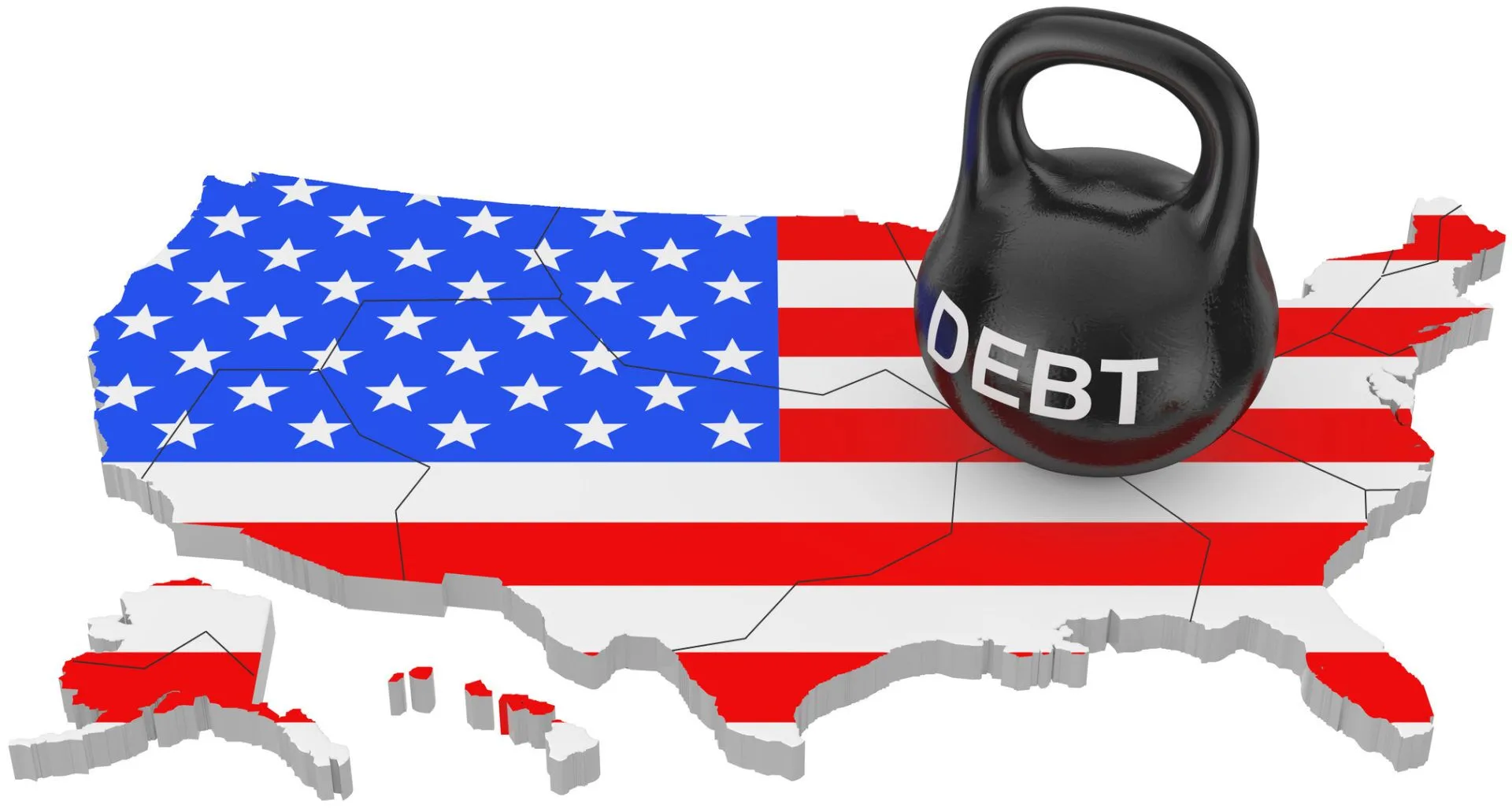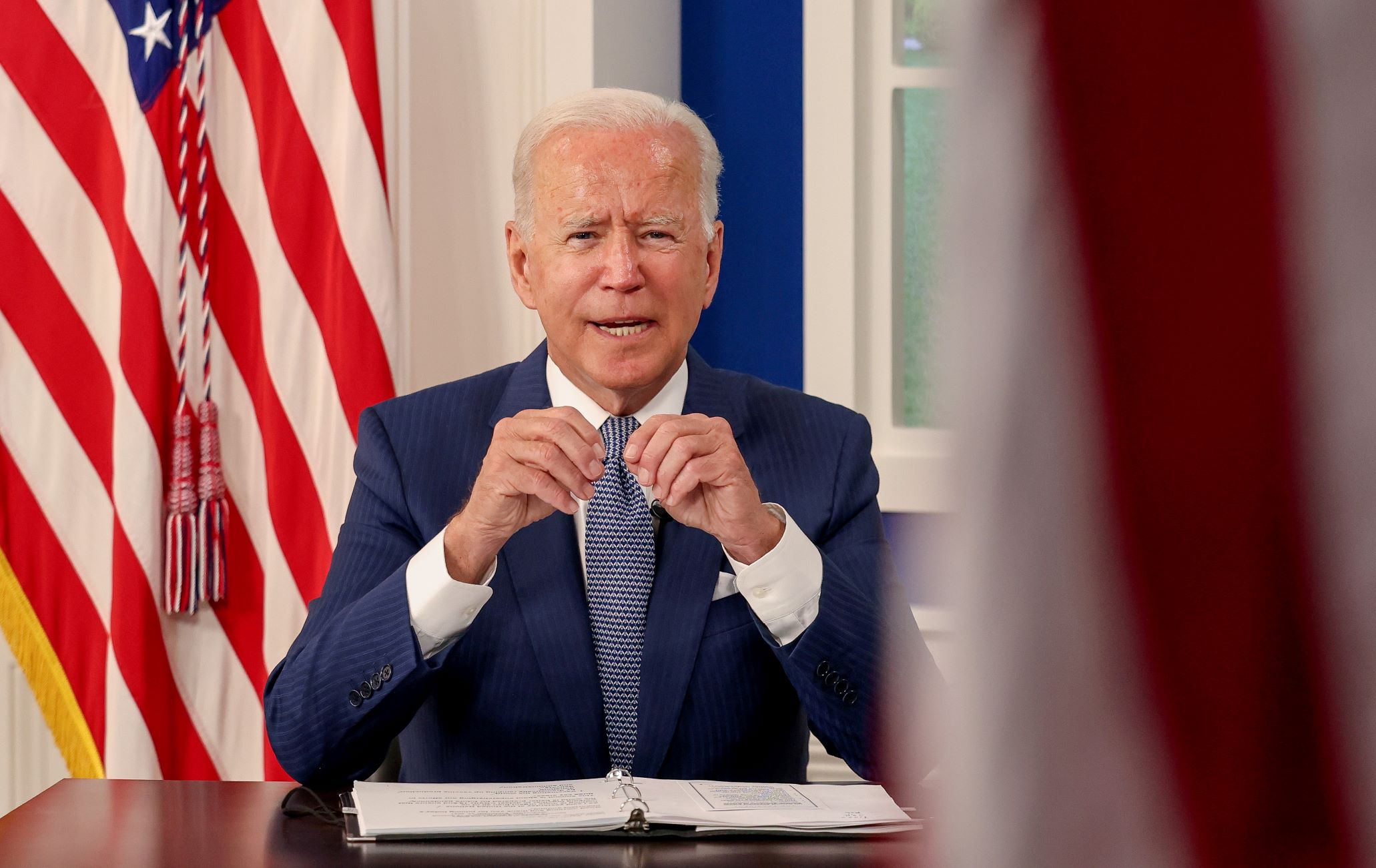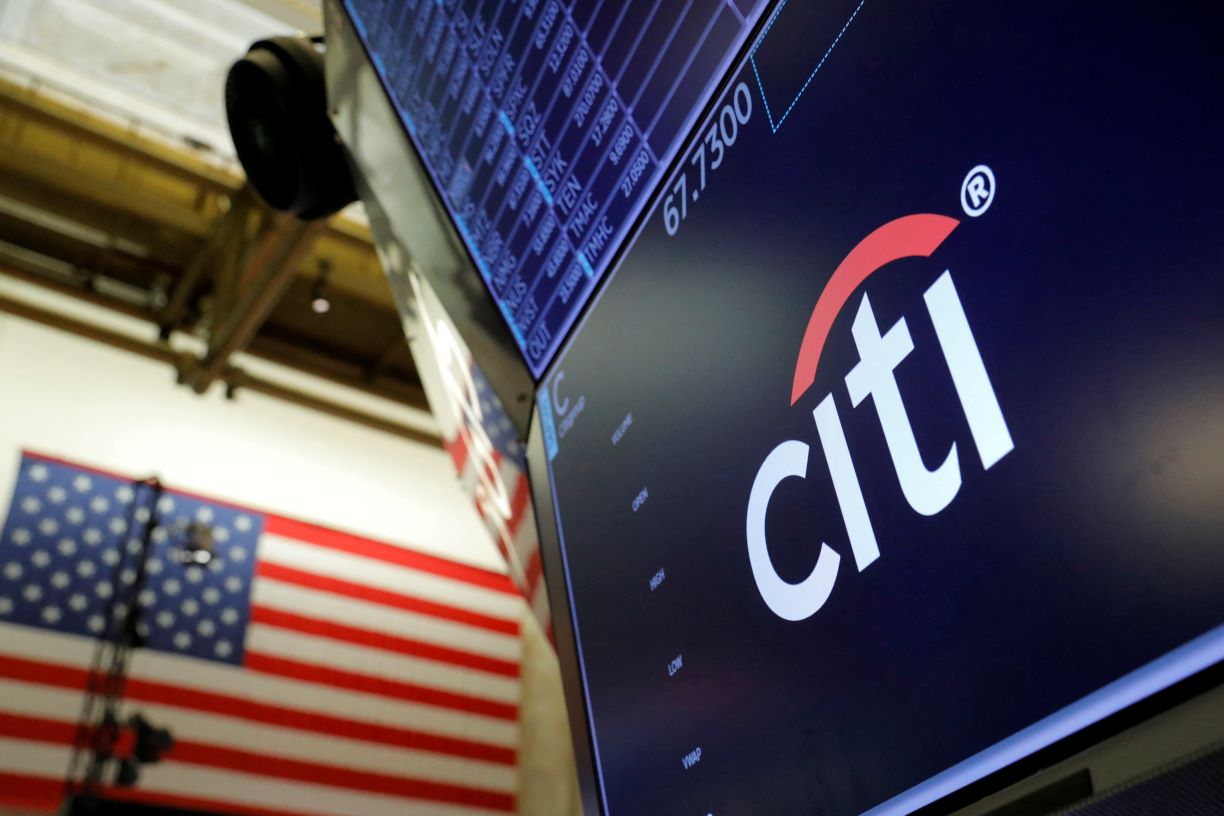The escalating national debt is increasingly viewed as a persistent challenge for the American economy, one that is likely to inflict lasting damage until it culminates in a financial crisis and a decade of economic stagnation.
This concern is voiced by a growing cohort of experts who are alarmed by the rapid pace at which the U.S. government is accumulating debt.
Prominent figures among those expressing concern include Fed chairman Jerome Powell, JPMorgan Chase CEO Jamie Dimon, Bank of America CEO Brian Moynihan, Blackrock CEO Larry Fink, and Wharton vice dean Joao Gomes.

Their apprehensions are underscored by a March report from the Congressional Budget Office (CBO), which forecasts that by 2054, public debt will soar to 166% of GDP, amounting to $141.1 trillion.
Presently, the nation’s $34 trillion debt stands at approximately 99% of GDP and is projected by the CBO to rise steadily over the next three decades.
In the short term, the CBO anticipates that debt as a percentage of GDP will surpass the peak recorded during the Second World War by 2029.
The mounting debt, according to the CBO, “would impede economic growth, increase interest payments to foreign holders of U.S. debt, and pose significant risks to the fiscal and economic outlook; it could also constrain policymakers’ options.”

Furthermore, the report suggests that the probability of a financial crisis is heightening due to the escalating debt, which could lead to a spike in interest rates and, if coupled with inflation, “might undermine confidence in the U.S. dollar as the primary international reserve currency.”
The assessment from the U.S. Government Accountability Office (GAO) paints a similarly concerning picture.
A report issued last month warned that the government is on an “unsustainable” fiscal trajectory, posing a “serious” threat to economic, security, and social aspects if left unaddressed.







Leave a Reply